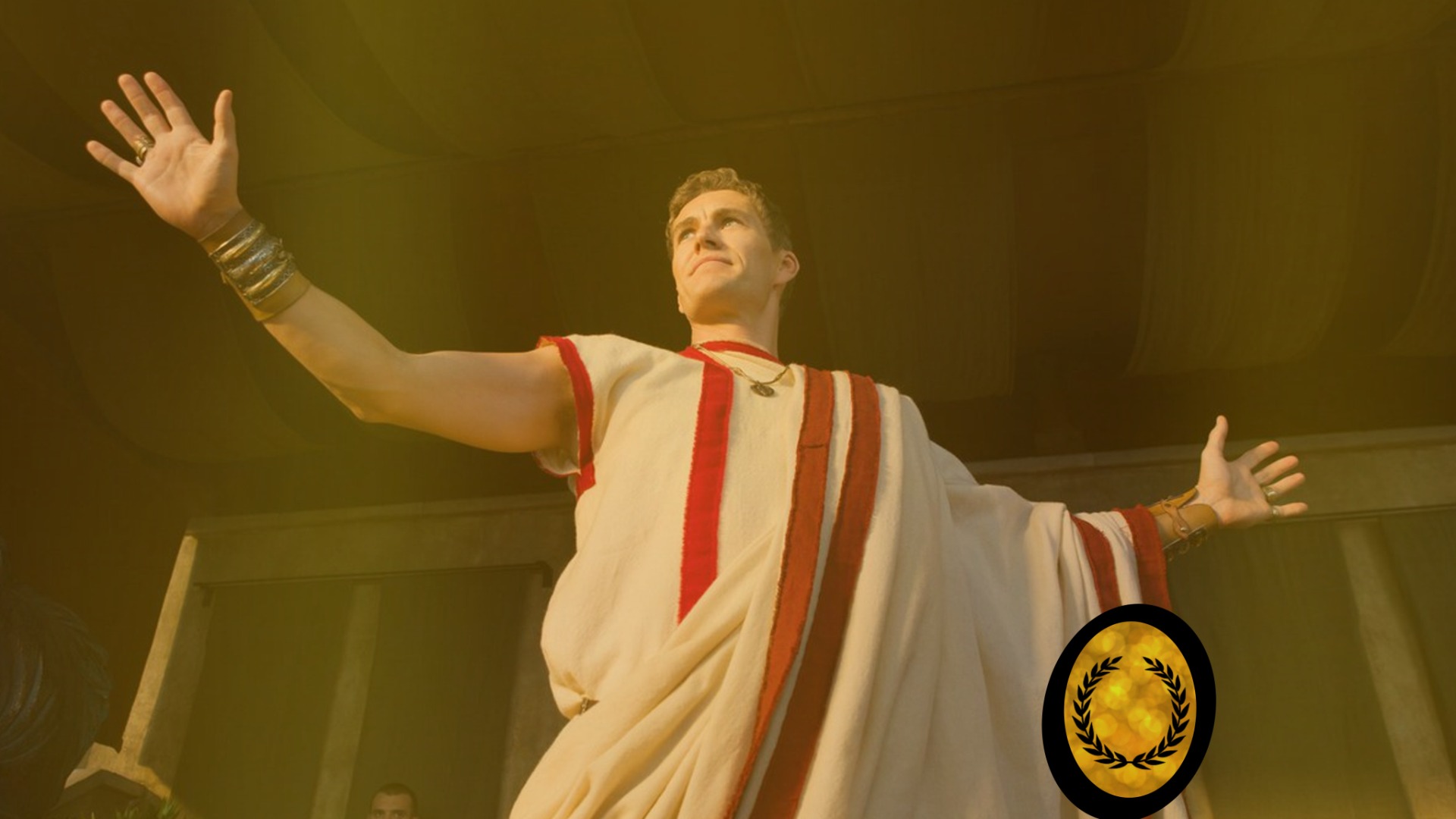Tullius continues to reiterate his offer, but Batiatus stubbornly refuses. When Tito returns to Capua from Sicily, he learns of Batiatus' dealings with Tullius through Solonius and immediately begins to fix things. He is educated with Tullius, who responds in the same way and does not resort to more doubtful modes of persuasion. They agree to remove Gannicus from the primus and have more Batiatus gladiators fight in the small area of Capua.
Subsequently, a party is held at Casa de Batiatus by the Capite elites. Tullius arrives without an invitation and challenges Gannicus to a battle, and Gannicus is humiliated because he is forced to restrain himself so as not to insult the guest. To try to make peace between Tullius and Batiatus, Lucretia's dearest friend, Gaia, offers herself to Tullius. They escape to an adjoining room, where they hug and Tullius tells Gaia how he wanted her when they were younger. He then brutally kills Gaia and leaves her and her favorite red wig on the floor. Tullius is also guilty of Titus' death, as it was his poisoned wine that killed Titus, unaware that the poison was added by Lucretia.
Batiatus takes revenge by deceiving Tullius (along with Vettius) into an alley in the market, where they are attacked. Tullius is gagged and taken to the arena, where Batiatus, Gannicus and Oenomaus repeatedly stab him in the abdomen. They put him inside the walls of the arena he built, burying him alive. His absence is reported by Vettius, who was blackmailed to say that Tullius had to leave to take care of sudden business in Antioch.











